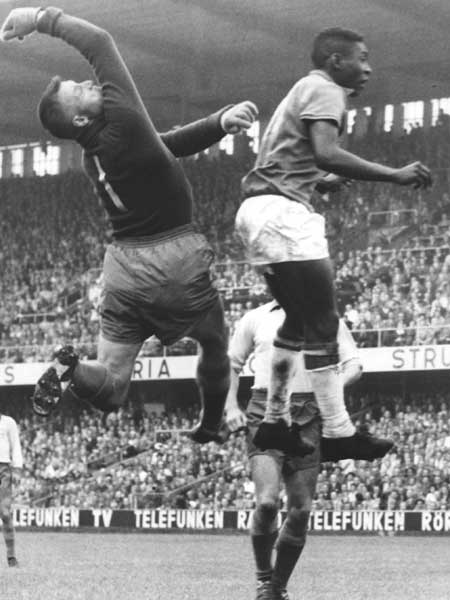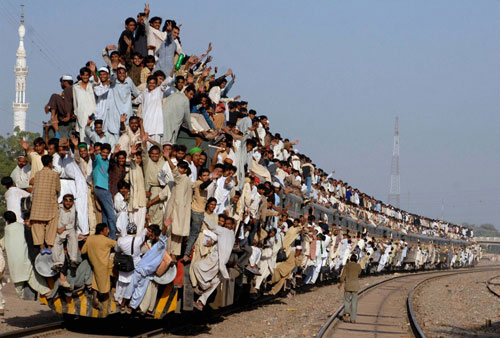 |
| Lies, nothing but lies... |
I just
read that in 2010, Germany had a total of 400.000km of registered traffic jams. I am not really sure how those were computed, but I assume they took the maximum length per occurence. This would then amount to a total of 1095km per day. The automobile club ADAC, the voice of all German drivers, advocates building more and better streets, claiming the situation to be unbearable.
Clearly, nobody from the ADAC has ever been to São Paulo. On any single day at any single time, please feel free to visit the website of
Apontador/Maplink, which, in a partnership with the Radio Station Sulamerica (specialized in traffic reports and affiliated to the insurance broker ING), will show you a picture that would make the Germans gasp.
On a normal day, before and after rush hours the website will register between 150 and 200km of traffic jams. In the mornings and evenings, the length can easily double. So, if we take morning, noon and evening as separate incidents, we also get 1000km of traffic jams a day... just in the metro area of São Paulo.
Personally, although I don't feel that way, I can be considered lucky: I have a 33km commute and it takes me 45-60min in the morning and 60-70min in the evening, putting my average speed at about 35-40km/h. The average in São Paulo is below 20km/h. The reason for my "luck" is that of my 33km, I have 29km on 2-4 lane expressways and drive against the flow (I live in town and work outside). Nevertheless, awful situations occur: A few weeks ago, like every morning, I left home at 6:25 - and I arrived at work at 10:40...
Time Magazine ran this
nice article a few years ago, and every single word is true. Recently, I had a meeting scheduled for 9:00 on Avendida Paulista (downtown) and I live in the southern zone, ca. 18km away from there. I decided to play it safe and left home at 7:30. At 9:00 I was sitting inside a McDonald's, reading a newspaper and sipping a cappuccino after calling to the meeting and telling them I could not make it (nobody was upset, everybody understood the reason). I had simply given up
Why all of this? Road infrastructure is a mess, public transportation is not even close to adequate (I have seen small towns in Germany with a subway network of similar extension to the one in Sampa) and the amount of cars is amazing. The city of 11m people of has a total of
7m registered vehicles, of which 5.1m are passenger cars... and 1000 additional ones are added every day...






















